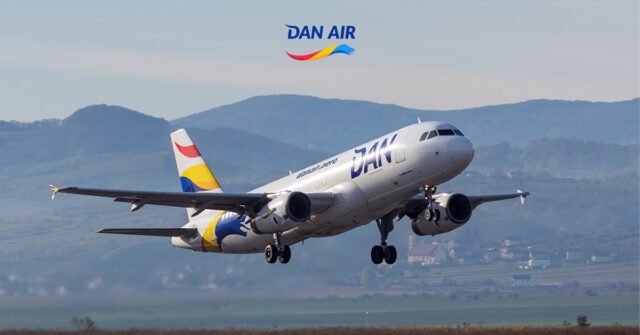European business aviation addresses carbon challenge
The business aviation industry is embracing its environmental responsibilities driven by a “wave of excitement around SAF” (sustainable aviation fuel), said Maureen Gautier, sustainability and future workforce manager at the…

The business aviation industry is embracing its environmental responsibilities driven by a “wave of excitement around SAF” (sustainable aviation fuel), said Maureen Gautier, sustainability and future workforce manager at the European Business Aviation Association (EBAA).
Speaking at the Aviation Carbon 2023 event in London, she said: “There is more and more awareness [of the need for aviation to decarbonise], and we are also on a wave of excitement around SAF which is something that is really beneficial. However there are a lot of challenges.”
These include policy, cost and technology. EBAA is seeking to address these with its members through a new framework of standards to measure the sustainability of aircraft operations.
EU SAF mandate
EBAA welcomed the recent final agreement on RefuelEU by European policymakers, marking the first-ever SAF mandate in the EU.
The main objective of the RefuelEU aviation initiative is to increase both demand for and supply of SAF.
It includes the obligation for aviation fuel suppliers to ensure that all fuel made available to aircraft operators at EU airports contains a minimum share of SAF from 2025 and, from 2030, a minimum share of synthetic fuels, with both shares increasing progressively until 2050.
Fuel suppliers will have to incorporate 2% SAF in 2025, 6% in 2030 and 70% in 2050. From 2030, 1.2% of fuels must also be synthetic fuels, rising to 35% in 2050.
RefuelEU also includes the obligation for aircraft operators to ensure that the yearly quantity of aviation fuel uplifted at a given EU airport is at least 90% of the yearly aviation fuel required, to avoid tankering practices which bring additional emissions from extra weight.
Business aviation’s responsibilities
Gautier added: “We are very conscious about the environmental impact of flying. At EBAA we are very motivated and working towards achieving this net zero goal.
“Firstly, because of our environmental impacts, but also because we see a true value in it. We see this innovation as a great opportunity.”
Subscribe to the FINN weekly newsletter
You may also be interested in:
Aviation industry facing SAF ‘supply crunch’
















